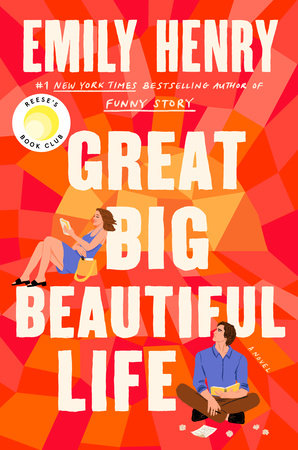Doctor-turned-productivity-expert Ali Abdaal released his debut book “Feel-Good Productivity” on Dec. 26.
Abdaal offers readers an alternative to the popular yet ineffective productivity narrative that emphasizes sheer-willed discipline and motivation as the keys to unlocking productivity.
Instead, he encourages the reader to discover tangible ways to feel good before achieving more.
In modern society, “productivity” is a loaded word. Simply defined by Oxford Languages, productivity is the state or quality of producing something.
That sounds tame enough, until the phenomena of productivity addiction or toxic productivity complicates things, showing us that the growing pressure to be productive all of the time is of significant concern to an increasing number of people.
Get The Daily Illini in your inbox!
A YouTube search for “productive” reveals a multitude of aesthetically pleasing thumbnails accompanied with titles that preach “5am THAT GIRL day in my life | productive, positive, + healthy habits 🪴 this will motivate you” or “From Lazy to Disciplined: Level up & Get Into your Productive Era.” Even an advertisement for a Udemy course on how to be more productive pops up.
There is nothing inherently wrong with these videos — in fact, some of them may be genuinely life-changing for certain viewers. However, if you’re like me, you may have watched an embarrassing amount of these to no avail.
Interestingly, a video from Abdaal’s channel shows up in the search results.
Approaching his book with skepticism is understandable. YouTuber-written books do not have the greatest track record — Gabbie Hanna’s two-part attempt at poetry in “Adultolescence” and “Dandelion” come to mind.
Additionally, the self-help industry is flooded with content on a daily basis. It can be dizzying to figure out which of the near-identical titles actually offers something new.
In spite of that, “Feel-Good Productivity” proves to be more than a competent piece of writing — it is transformative and refreshing.
In a world of hustle culture that glamorizes pushing yourself at all costs, the book challenges us to view productivity as something that can be enjoyable, rather than a drain on our lives. Abdaal breaks down the psychology of how feeling good alters our thoughts and behavior.
The book is structured into three parts — energize, unblock, sustain — with each containing a corresponding handful of experiments for readers to try. These experiments are aptly named to align with Abdaal’s overall approach to productivity: Think like a productivity scientist. That is, try different, customizable ways to be productive while embracing the failures along the way.
“Don’t rote-learn your way to feel-good productivity,” Abdaal writes. “Experiment your way… It’s about strategically stumbling your way to what works.”
For instance, experiment No. 1 in the “unblock” part of the book, titled “reduce environmental friction,” involves making subtle yet powerful changes to your surroundings. An example is keeping your textbook for an upcoming exam in view by placing it on your desk, thereby making the task you want to complete the most obvious and default decision.
From this excerpt, Abdaal’s suggestions may not sound revolutionary. In fact, you might find that you already implement some of what he recommends.
That may be a dealbreaker for a few prospective readers, but the outcome of reading “Feel-Good Productivity” is far from a glorified list of productivity hacks. Abdaal himself acknowledges this potential misinterpretation.
“Every chapter contains its fair share of practical tips,” he writes. “But my goal in this book isn’t to offer you some sprawling to-do list. It’s to offer you a philosophy: a new way of thinking about productivity that you can apply to your own life in your own way.”
“Feel-Good Productivity” avoids being one of the worst things a book can be — boring.
While reading nonfiction can often feel like another dull high school English assignment, Abdaal manages to dispense digestible charts and diagrams, personal anecdotes from his own struggles with productivity and understandable summaries of revolutionary studies in an engaging manner.
The book is also not without humor. A memorable, out-of-context sentence is “there are only so many times you can enjoy being sent on a mission to rescue the local villager’s cat.” At one point, Abdaal uses Reddit user FilletOfFish1066’s viral post to convey an admittedly insightful lesson about finding autonomy in seemingly hopeless situations.
Abdaal maintains a personable and optimistic voice throughout, grounded by his acknowledgment of real-life obstacles to productivity, like taking care of family members or long work hours.
“Feel-Good Productivity” does not demand you to buy new products or unsustainably reset your entire life, but to revise your approach to productivity in ways that are doable, affordable and most importantly, make you feel good.
“If you can tap into what makes you feel energized and alive, you can get anywhere,” Abdaal concludes in the closing lines of the book. “And you can enjoy the journey too.”








